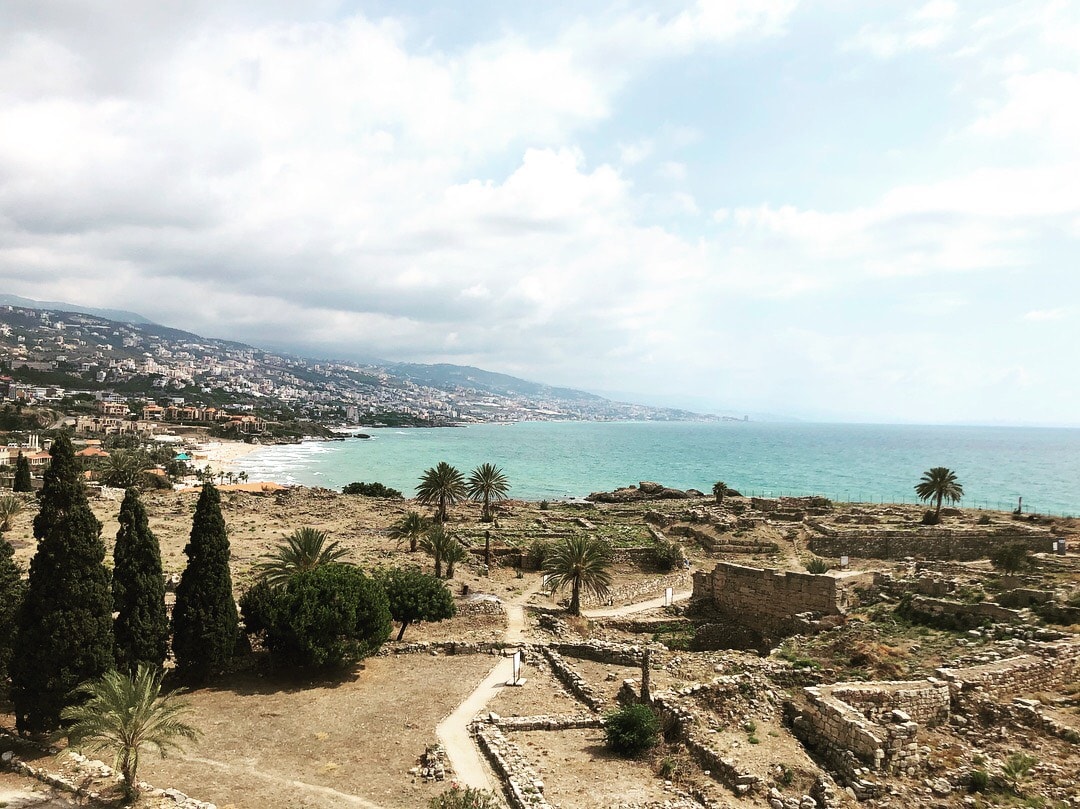What it’s like to work for the Special Tribunal for Lebanon

Many have heard of the International Criminal Court, the International Court of Justice, or the International Criminal Tribunal for the former Yugoslavia, all of which are seated in the Hague. The Special Tribunal for Lebanon (STL) is less well known, but as the first international criminal tribunal to prosecute crimes of terrorism, it is an important player in the field of international criminal law. The Tribunal was created after the assassination of Lebanese Prime Minister, Rafik Hariri on February 14, 2005, when a car bomb killed him and 22 others. In addition to the prosecution of crimes of terrorism, the Special Tribunal for Lebanon has jurisdiction to prosecute related political assassinations from that time.
As a legal intern in the Appeals Chamber of the STL, I worked closely with judges and the President of the Tribunal on research created in anticipation of an appeal after the trial’s conclusion. The internship definitely improved my legal research and drafting skills, which has its own unique challenges – anyone who has tried to ‘note-up’ an international criminal law case will understand. If someone told me in 1L that I would be asked to write a 30-page memo in a week I would have laughed, but that was reflective of the trust and expectation placed on the STL interns.
While the STL applies substantive Lebanese criminal law, its procedural rules are based on international criminal law. This makes it close in character to hybrid tribunals, such as the Special Court for Sierra Leone and the Extraordinary Chambers in the Courts of Cambodia. But unlike these other hybrid tribunals, the STL is based in the Hague because of legitimate threats to the security of the tribunal. Even so, I was curious to know more about the country I had spent so much time learning about, so I took the opportunity to travel to Lebanon for a week. This was a wonderful experience, and definitely a highlight of my summer. Lebanon is a country with diverse religions, a fascinating history, and beautiful historic sights. Going there provided me with context to the arena in which the tribunal was operating.
As for living in the Hague, there were some challenges, like navigating the Albert Heijn (one of the few groceries stores open past 6pm) and learning the Dutch rules of the road on a well-used bicycle. However, it was an easy place to live as a Canadian. It was also a quick 40 minutes train away from Amsterdam, and centrally located near other parts of Europe. One of the best aspects of working in the Hague at an international criminal tribunal was the social atmosphere. Like U of T Law’s ‘Call to the Bar,’ we had Thursday Night Drinks, which was open to all interns at all international criminal tribunals. This was a great opportunity to meet people working in other criminal tribunals and share experiences with other young people interested in the field of international law.
I would like to thank the IHRP for supporting this opportunity. If anyone is interested in interning with the STL or in the field of International Criminal Law, do not hesitate to reach out.





